
Addiction Counselor
Hal Brickman, LCSW, RCSW, CSW, MSW, CHT
New York State Licensed Clinical Social Worker
109 Dorset Ave. , Albertson , New York 11507 | (516) 439-4282
The cycle of addiction is dizzying to the addict and it creates what I calling "doing" some forward movement in growth. And undoing. The old (by now probably moldy) undoing). The trapdoor for the addict is you know the drug offers relief. And since you live only in the hear and now (emotional and physical pain can cause that feeling) you want the instant relief that it seems only the drug gives you. My job is to gently and sometimes not so gently dispel you of this massive myth. What you really need is to learn to slow down by substitution of behaviors. It will be clearer when we meet.
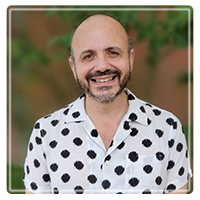
Addiction Counselor
Edgard Danielsen, PhD, LP
Licensed Psychoanalyst
302 5th Avenue, New York, New York 10001 | 347-453-1601
Sometimes consuming drugs, food, alcohol, sex, among other things soothe anxiety or satisfy emotional hunger. However, when the roots of the anxiety and emptiness are not addressed, consumption and use have a fleeting effect, leaving you at a loss and in need of consuming or using more, and the cycle continues. As a therapist, I will help you look at the roots of your addiction: together we will do the hard work of searching underneath layers of denial and understand the wounds and pain that lie at the core of your addition. There is no magical wand that would make addictions disappears, but there is caring understanding that will help you find new ways of dealing with wounds and pain.
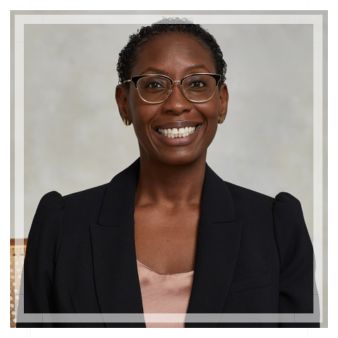
Addiction Counselor
Jessica Parlor, PhD
Licensed Psychologist
6 East 39th Street Suite 600 , New York, New York 10016 | 877-292-6020
ERP (Exposure and Response Prevention) can be adapted for addiction treatment by exposing individuals to triggers associated with substance use while preventing the typical compulsive response. Through repeated exposure to these cues, clients learn to tolerate cravings and resist the urge to use substances. ERP for addiction targets maladaptive patterns of behavior and helps individuals develop healthier coping mechanisms. By breaking the cycle of avoidance and compulsive substance use, ERP promotes long-term recovery and enhances overall well-being.

Addiction Counselor
Walter Matweychuk, Ph.D.
Licensed Psychologist
71 Park Avenue, Suite 1C, New York, New York 10016 | 212-750-2826
I show people who are misusing substances that overcoming an addiction is quite possible. I emphasize work and practice at coping skills. I first help the individual to judge only their self-defeating behavior but never to put themselves down as a person for being addicted. This helps reduce guilt, shame, anxiety and denial. We focus on developing coping skills to handle problems and change behavior. I show the individual how to develop emotional and behavioral control even when life is difficult and stressful. I teach how to increase frustration tolerance. I lay out a specific plan for coping with temptation. I build and maintain motivation for staying with the recovery process.
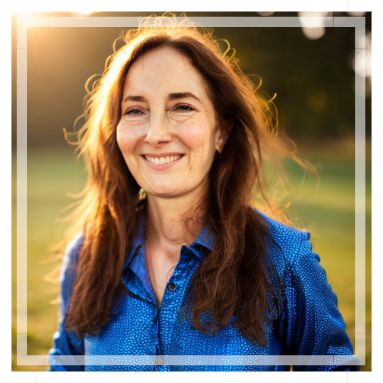
Addiction Counselor
Carolyn AlRoy, Psy.D.
Licensed Psychologist
60 West 13th St., Suite A, New York, New York 10011 | 3473063454
Overall, I treat addiction much like I would treat any other crisis. I would do addiction assessment to make sure I'm the right person to treat you. I'd identify triggers, what makes you more likely to repeat the addictive behavior. I can work with substance use and sex addiction. My general belief is that addiction is a way that people avoid dealing with other people and their problems. It can be a learned behavior. In order to stop doing the offensive behavior, it is important to focus on what you do want to do. This is the process of recovery, and I will do my best to facilitate this.

Addiction Counselor
Heidi Seifert, LCSW-R, MA
Licensed Clinical Social Worker
85 Fifth Avenue, New York, New York 10003 | 917-456-4127
You went after work to hang out with friends. You had some drinks or you got high. Everything was fine in the beginning until you noticed that just stopping was no longer easy. I believe that people can reduce or completely stop. The choice is yours to make. There are consequences to working me; you may decide you don't need to be high or drunk to enjoy yourself.

Addiction Counselor
Rebecca Mitchell, LCSW, MSEd, SIFI
Psychotherapist
653 East 14th Street, New York, New York 10009 | 646-245-5278
Drugs, alcohol, sex, gambling, love, food, netflix etc. WORK! You would not use them to survive feelings that are otherwise unbearable, if they didn't. Unfortunately, there is simply never enough, or the consequences become dangerous and/or intolerable. Eventually the feelings of neglect, isolation, alienation, paranoia and loneliness return. Treatment for addiction will allow you to accept your feelings and your past so that you can regain control over your life and choices, heal relationships, and restore your sense of esteem, dignity and agency.
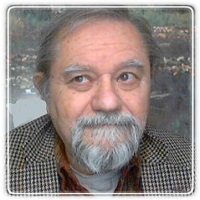
Addiction Counselor
Gerald Schoenewolf, Ph.D.
Licensed Psychoanalyst
99 E 7th Street, New York, New York 10009 | 347-712-1752
There are all kinds of addictions, from substance abuse to internet pornography. In each case, the bottom line is that a person is dealing with feelings of depression, anger or anxiety in a destructive way. They drink, gamble or look at pornography whenever they feel stress, but do not face the feelings that are causing the stress and work through them. I encourage addicts to make use of 12-step programs in combination with psychotherapy. When they stop denying and commit themselves to both, they quickly make progress.
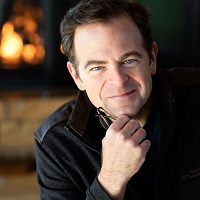
Addiction Counselor
Kevin Fleming, Ph.D.
Coach/Change Agent/Consultant
Lower Manhattan, New York 10012 | 1-877-606-6161
While most treatment approaches to addiction include 12 step progams, rehabs, and now sober living houses, Grey Matters International, Inc. provides a wildly successful alternative to traditional models of addiction treatment----that keeps the brian in mind. That is, talking to the conscious brain while the primal brain is deciding things even before you are consciously aware? well, that is the problem to solve in addiction. We have the solution utilizing a new cutting edge neuroscience-centered brain rebalancing system. Contact kevin@kevinflemingphd.com or call 877-606-6161

Addiction Counselor
Marc Shulman, Psy.D.
Clinical Psychologist
721 Franklin Avenue, Garden City, New York 11530 | (516) 732-0273
My approach to treating addictions (including substance abuse, sex, gambling, internet and food) is to assist people with understanding the underlying roots that drive their addictive behaviors. With a new perspective clients learn practical skills to identify relapse triggers and techniques that enable them to manage their addictions and lead healthy lives.
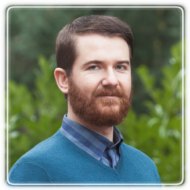
Addiction Counselor
Philip Kolba, MA LCPC NCC
Psychotherapist
New York, New York 10013 | 503-606-6412
Addiction is a mental health condition and I treat addiction by a multi-pronged process predominately from a Dialectical Behaviour Therapy (DBT) model. I help my clients understand the reasons they use a substance or engage in an addictive behavior, teach them skills regulate their emotions and tolerance distress that might otherwise lead them to engage in their addiction, and address any underlying issues that contribute to their addiction. I also help clients with with concerns about their substance use or compulsive behavior to avoid developing addictions.

Addiction Counselor
Marty Tashman, Ph.D.(psychology), ACSW, M.S.W.
Dr. Marty
622 -624 Valley Road, Uppper Montclair, New Jersey 07043 | 1-888-281-5850
Addiction: Alcohol, Drugs, Porn, Sexual, Gambling, & Over Spending Do you really believe that your addiction is ruining your life then you are ready for us to work together. However, having said that, if you are addicted, you need more than will power. To “beat your addiction” you need new strategies and tools, and you also have to develop a practical plan to be able to combat your addiction that would involve additional techniques. To learn about 7 different therapies that can be used to treat addiction go to: http://drmartytashman.com/a-note-to-the-person-struggling-with-addiction
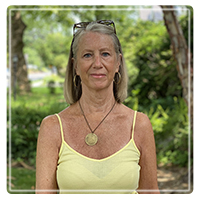
Addiction Counselor
Cathy Roberts, LCSW
Licensed Clinical Social Worker
Montclair, New Jersey 07043 | 973-809-1343
As a recovering person myself, I have a firsthand knowledge of the power of addiction and the joys of sobriety. I enjoy working with other people who have the courage to face their addiction, understand what is driving it and who are willing to commit to living a sober life. Living sober is a challenging task, and is best accomplished through education, exploration of triggers and alternative coping strategies, and the support of others who encourage your recovery.
